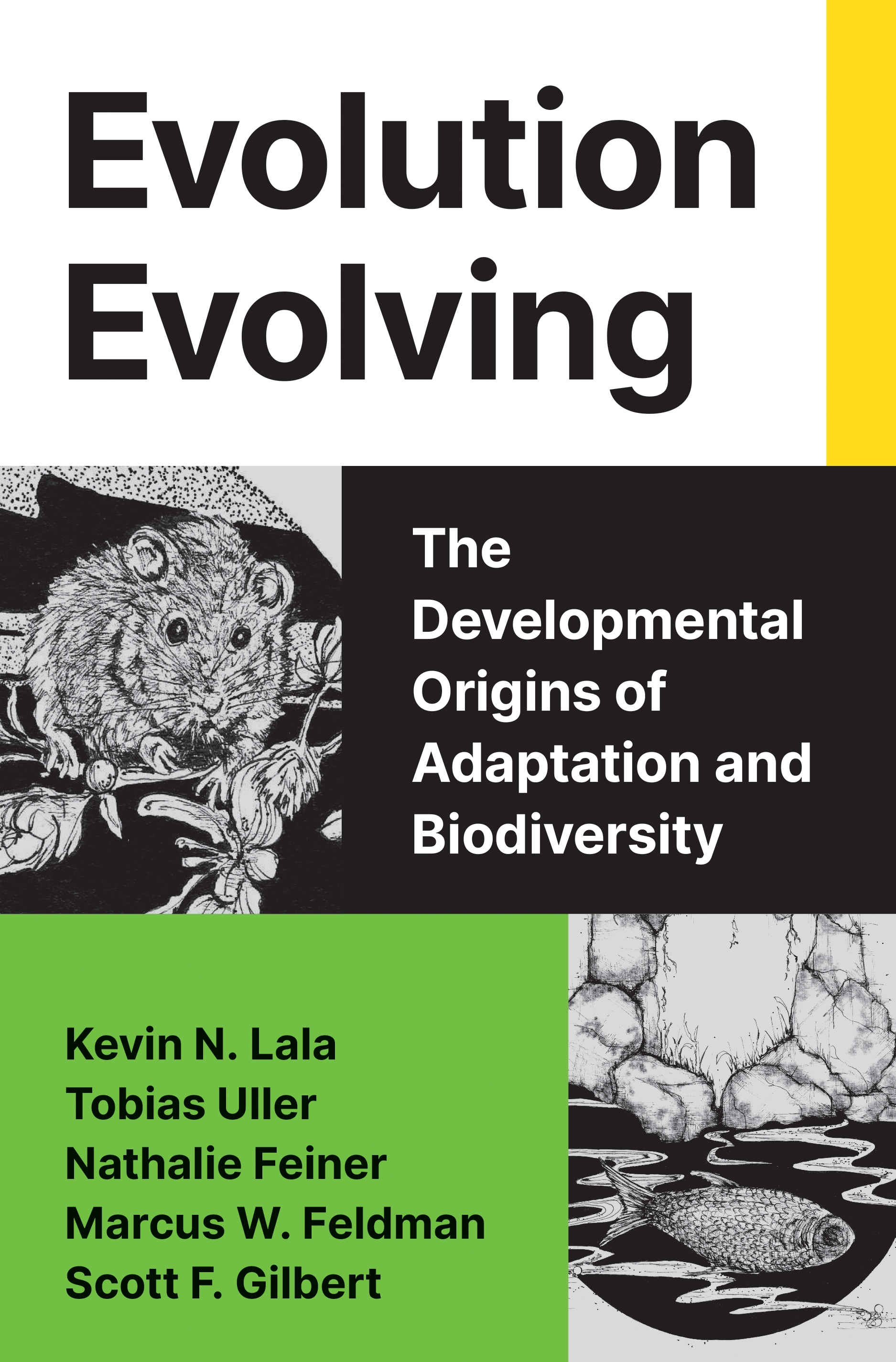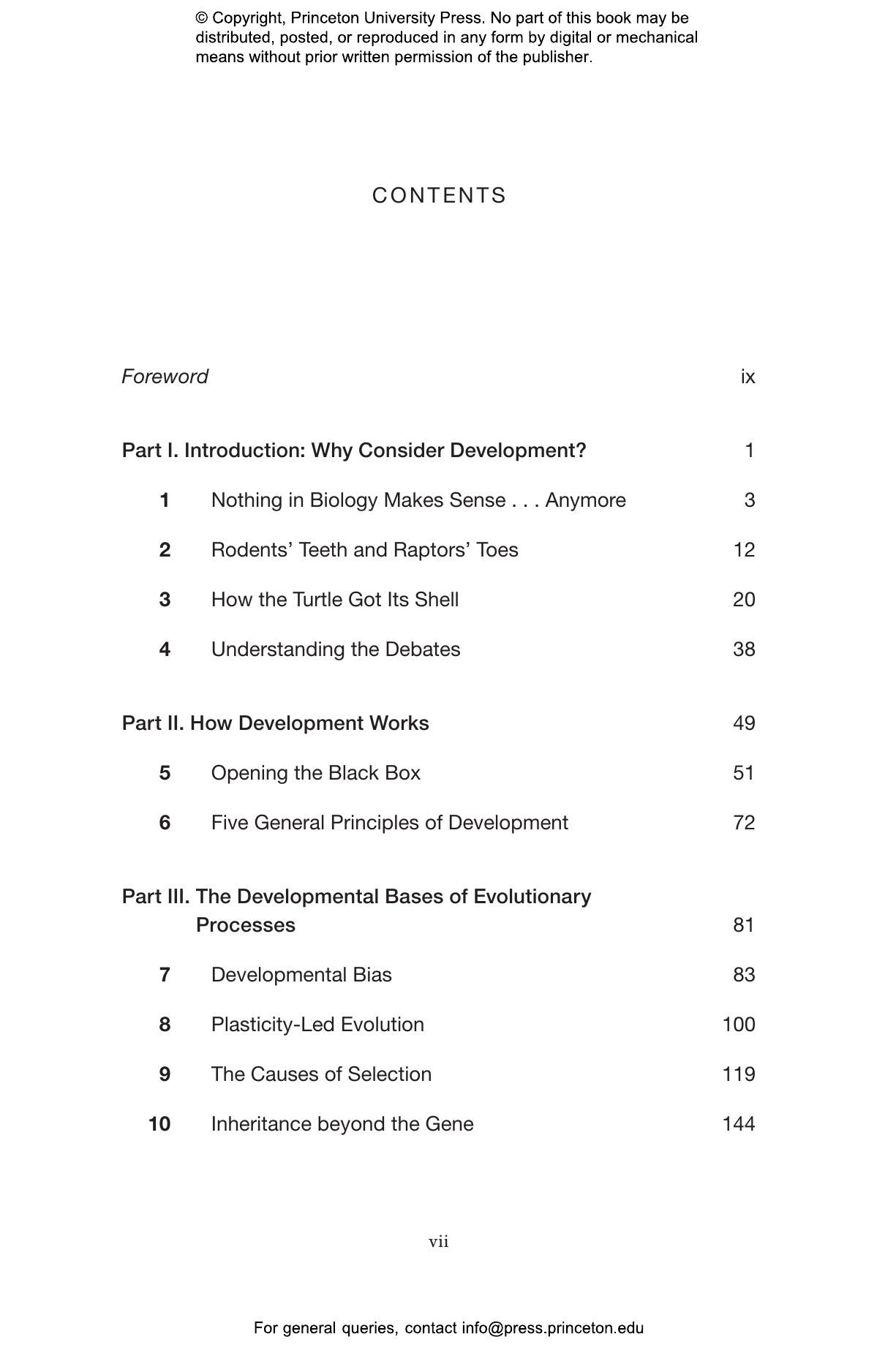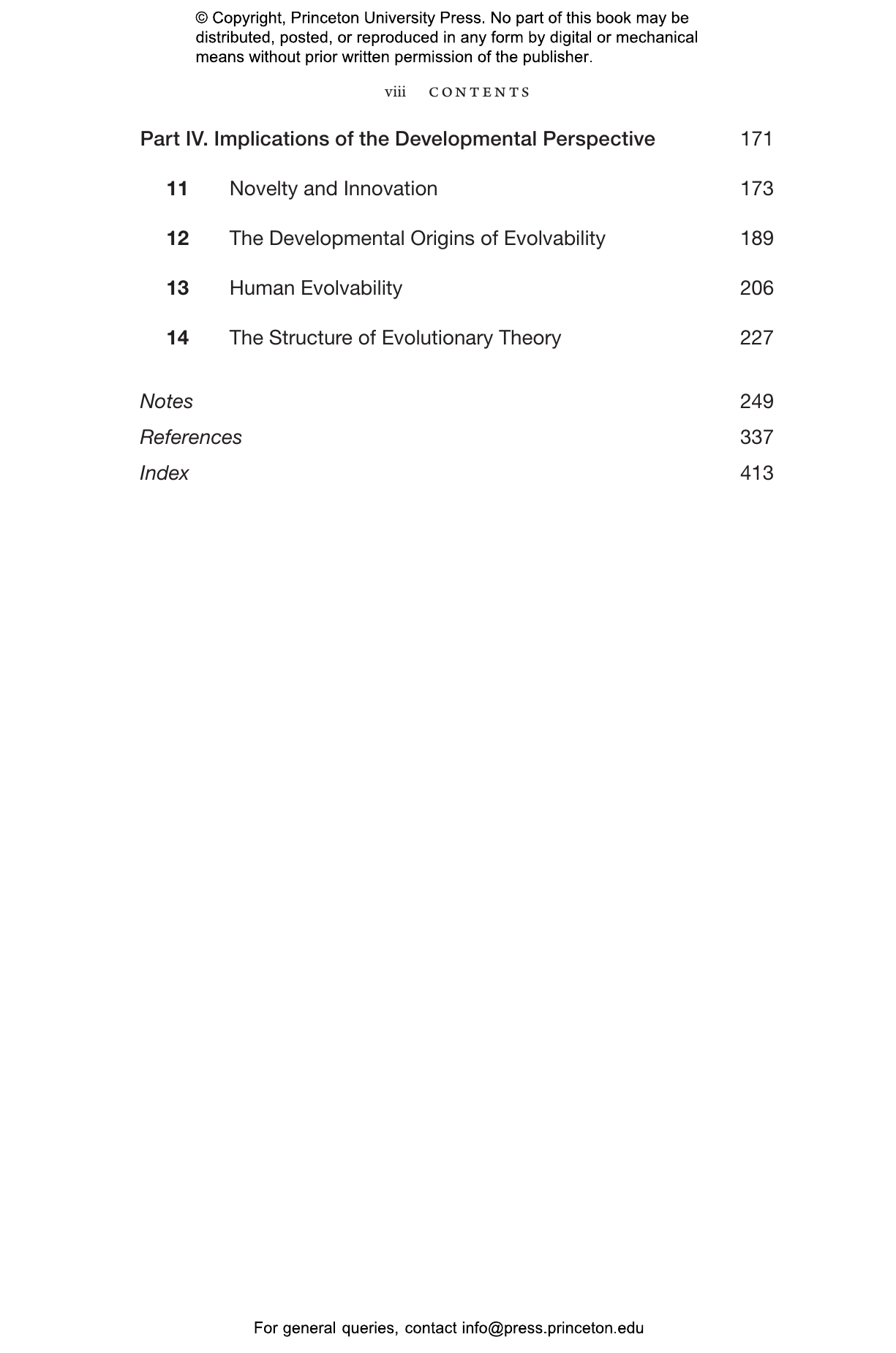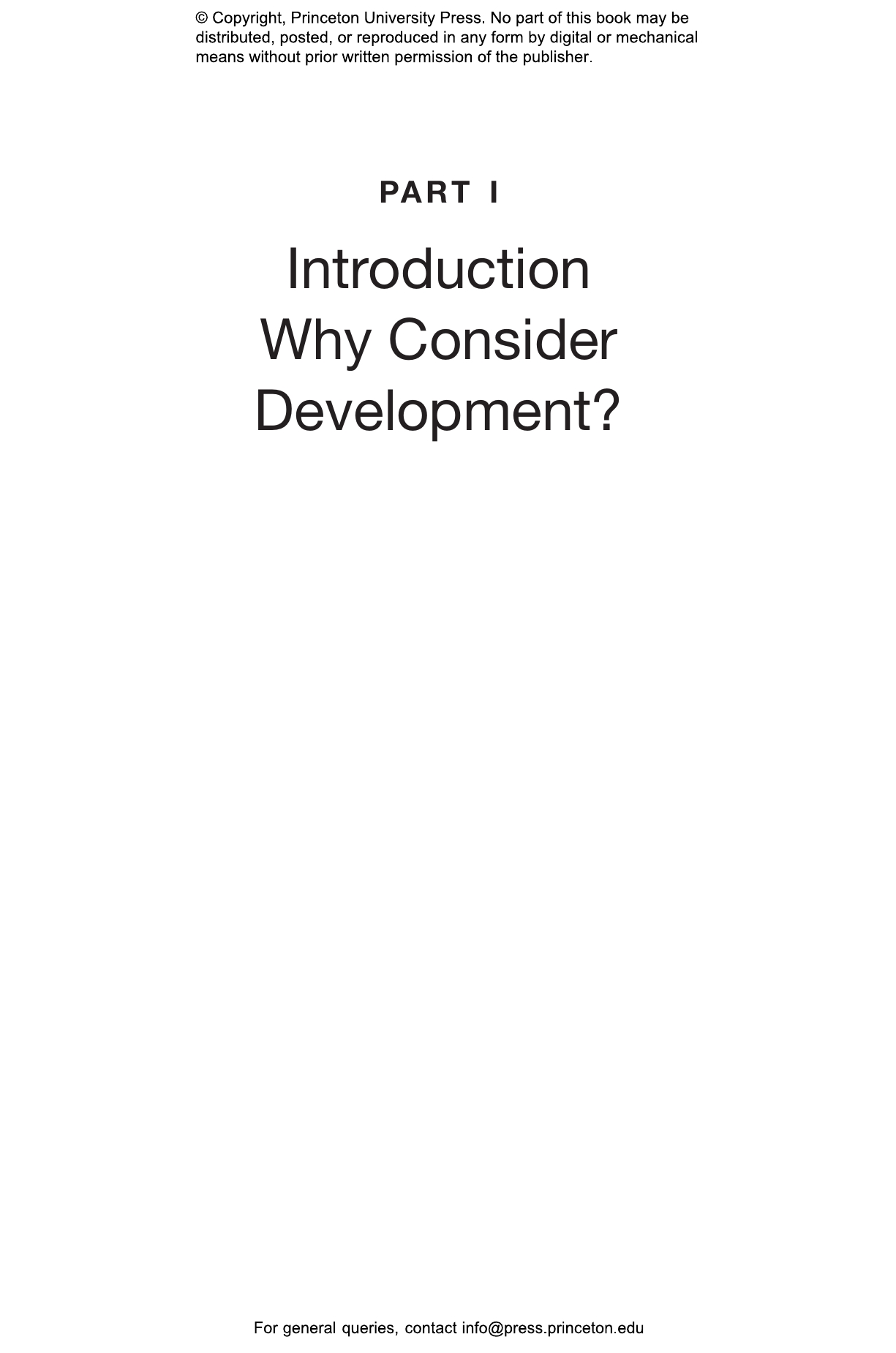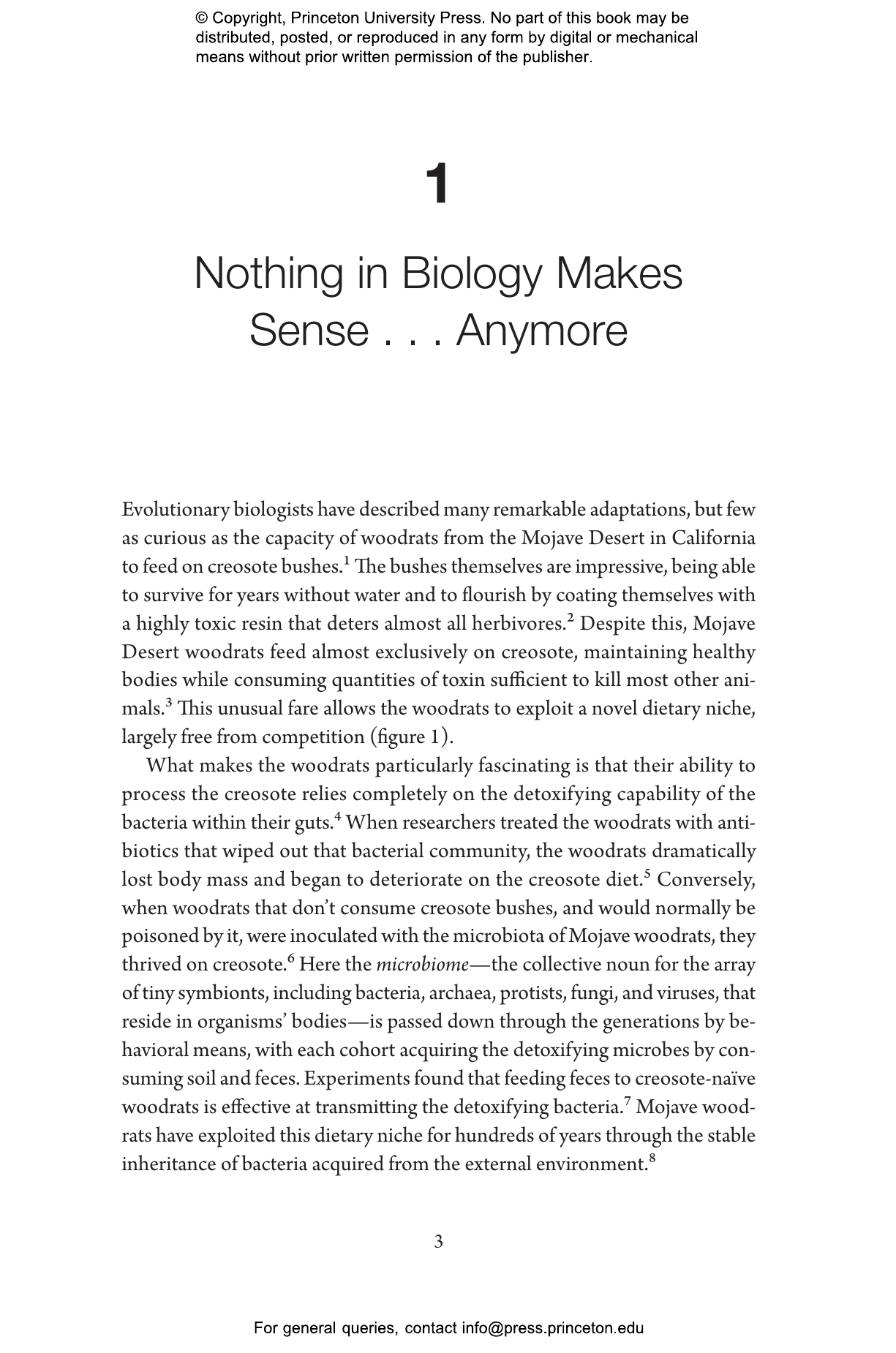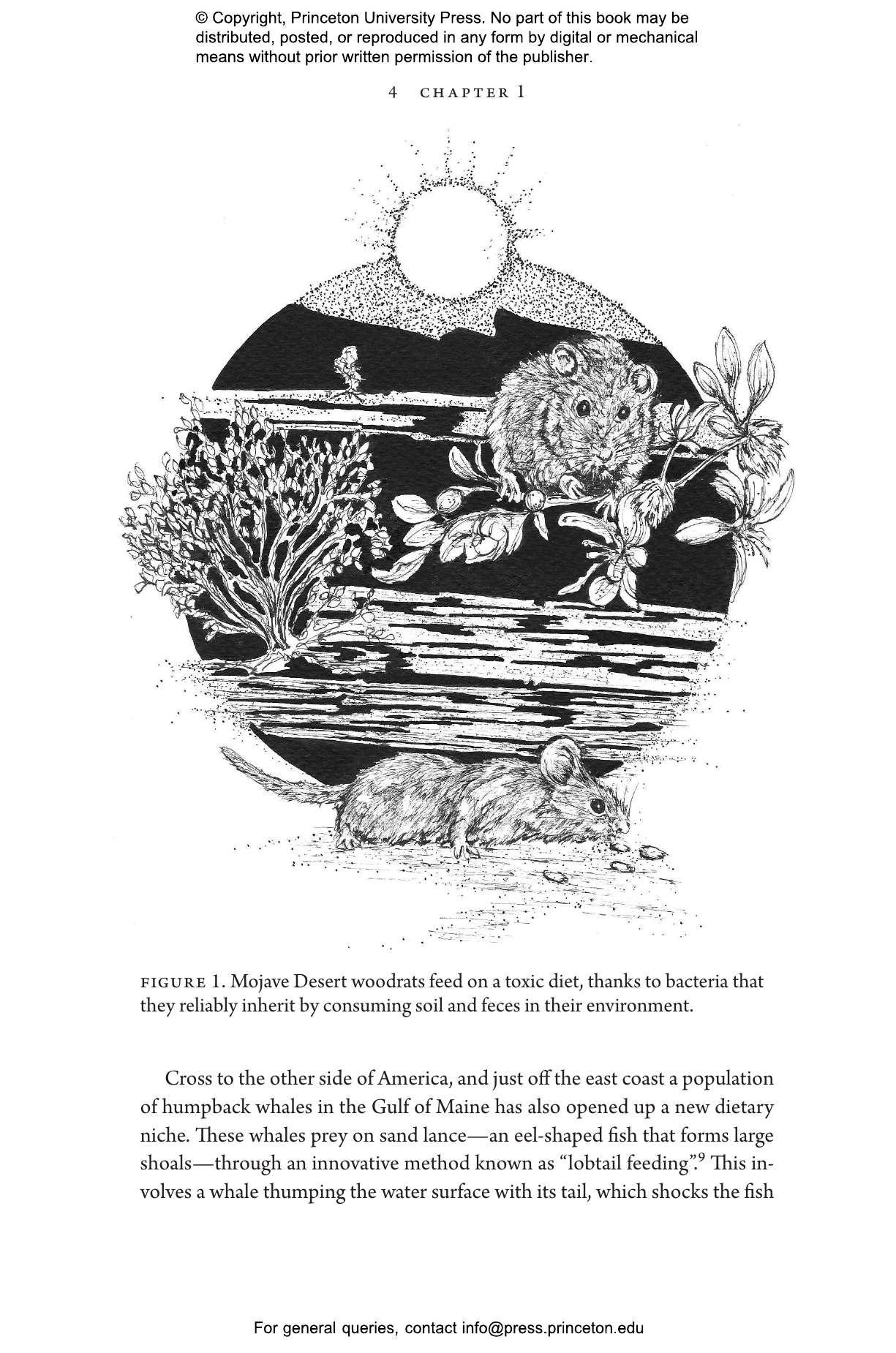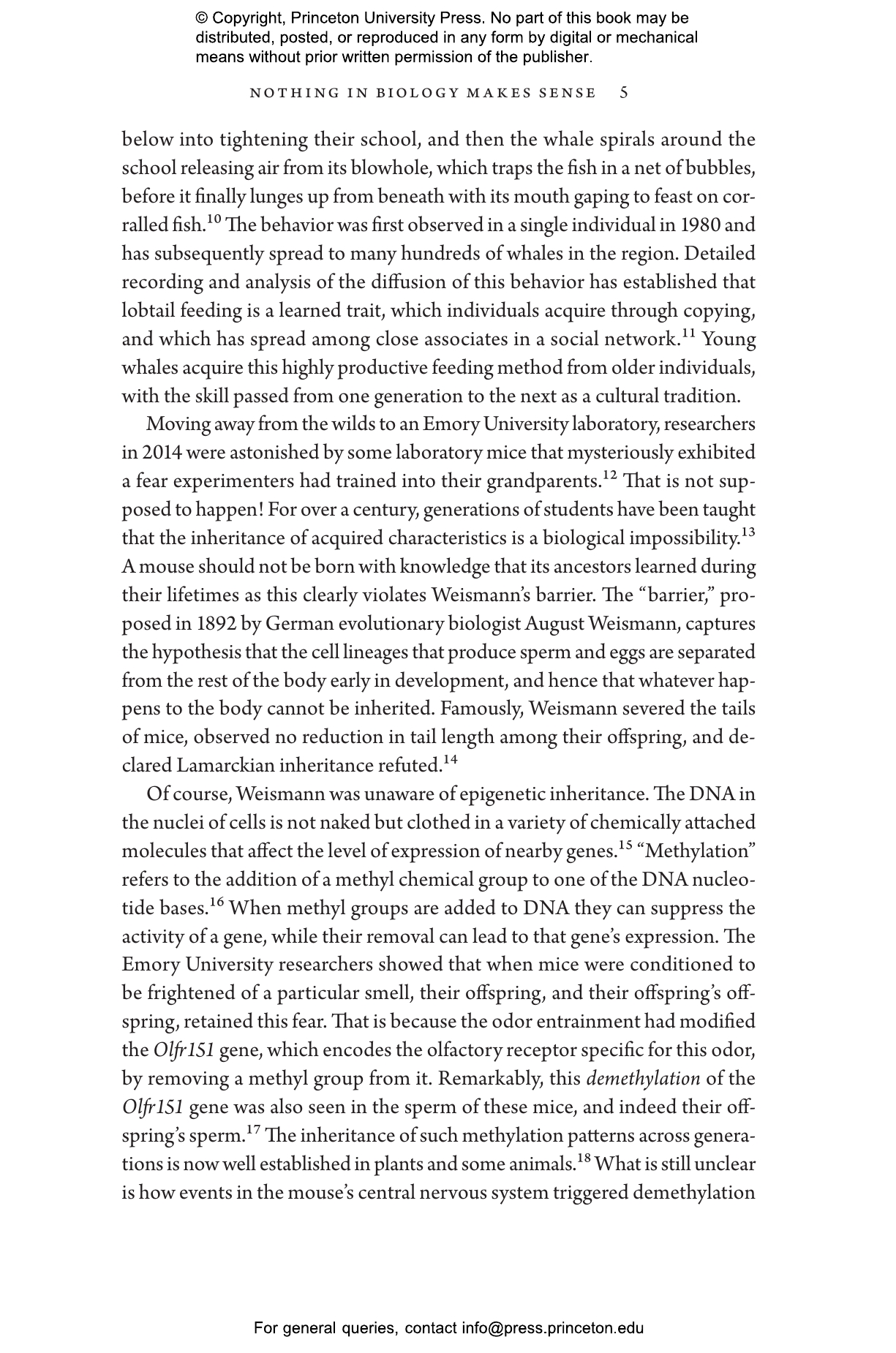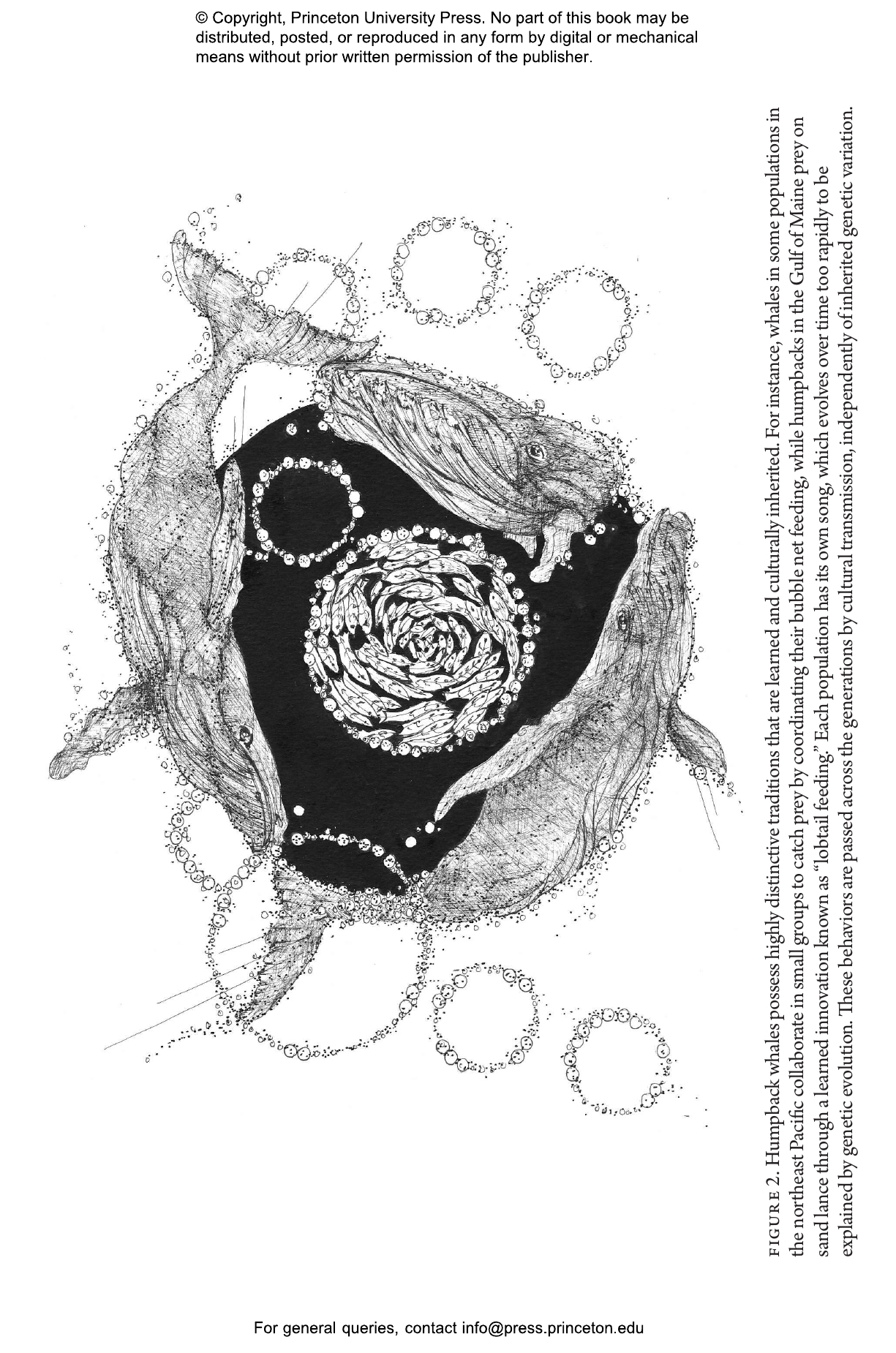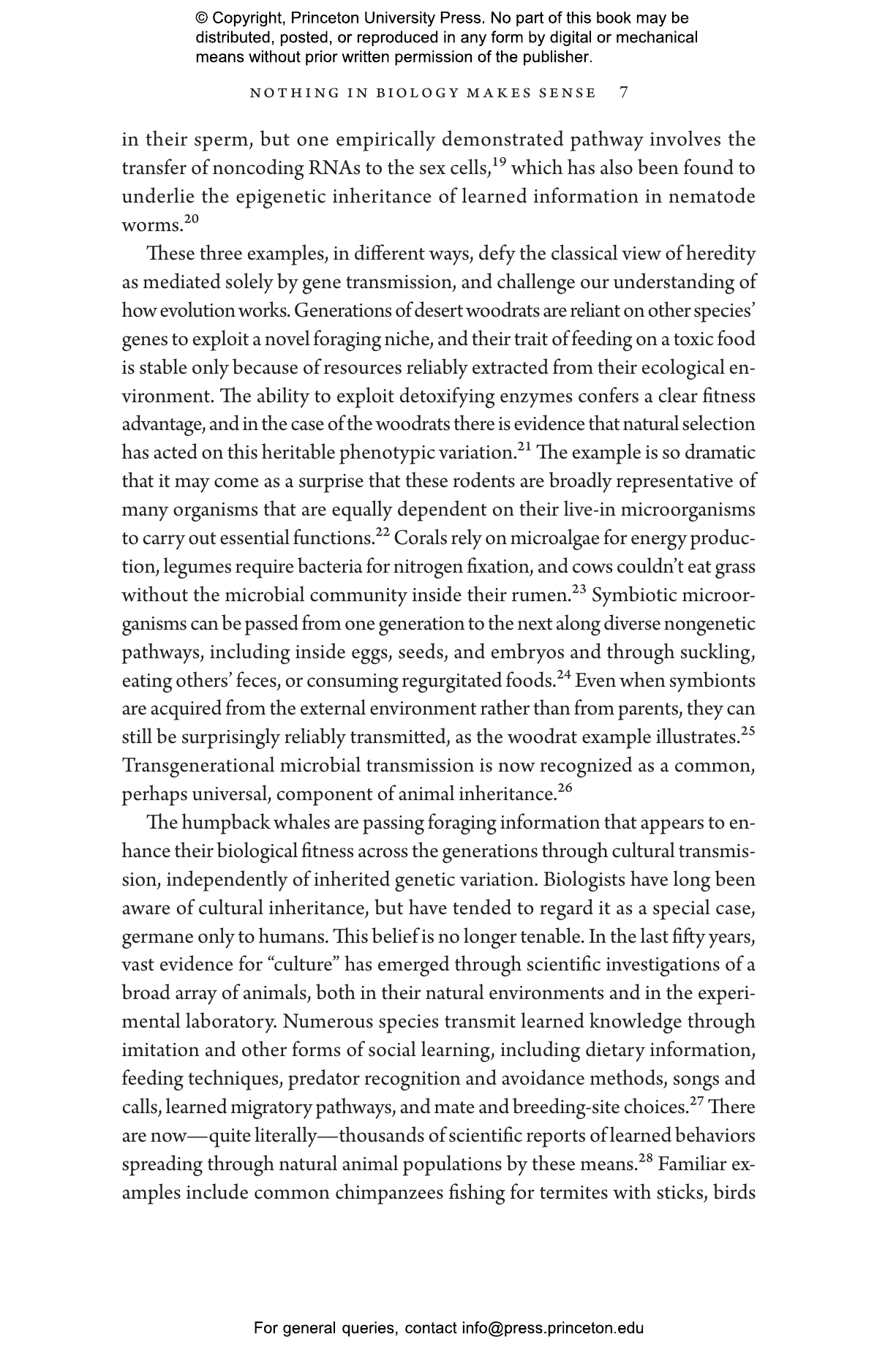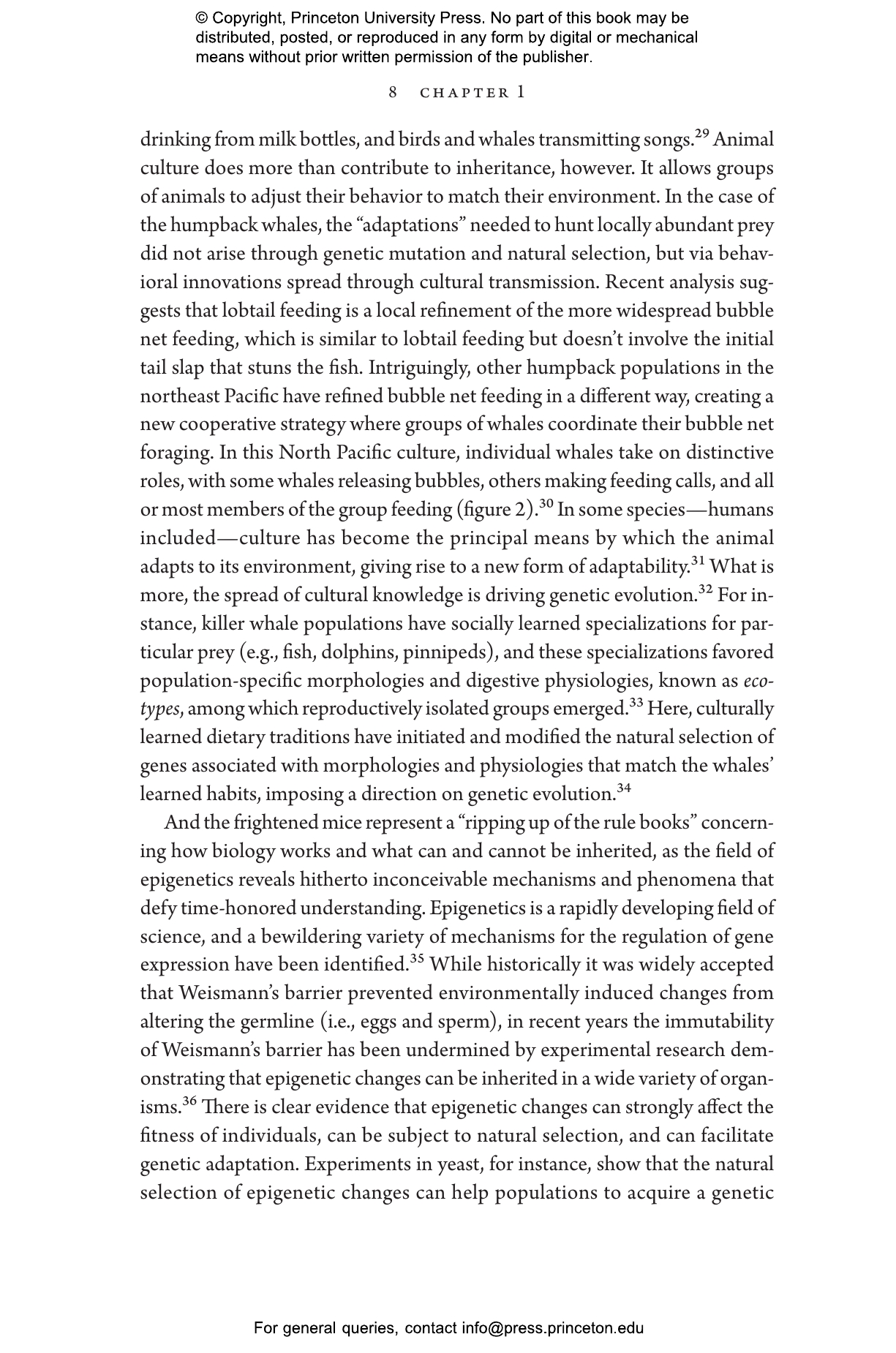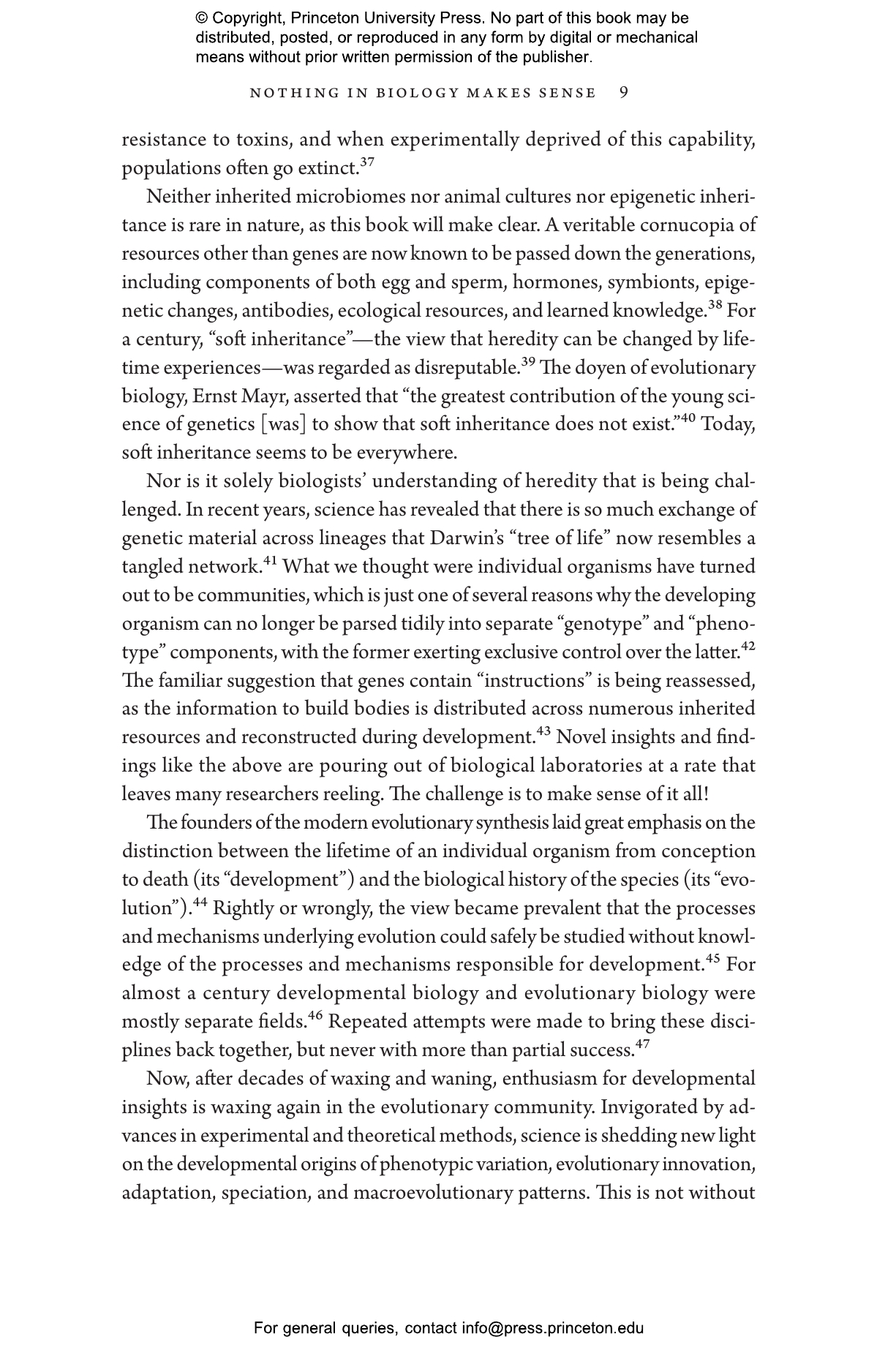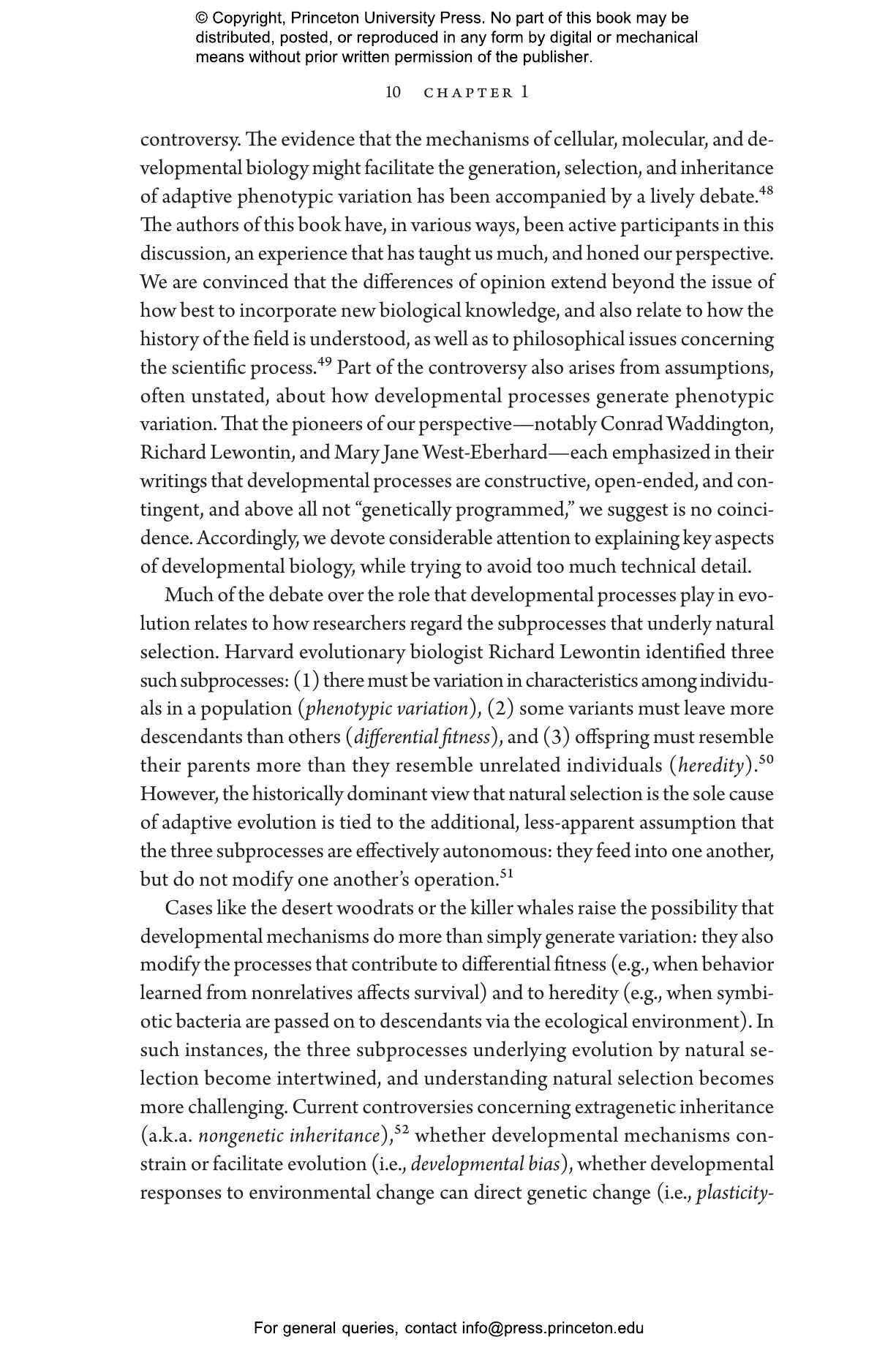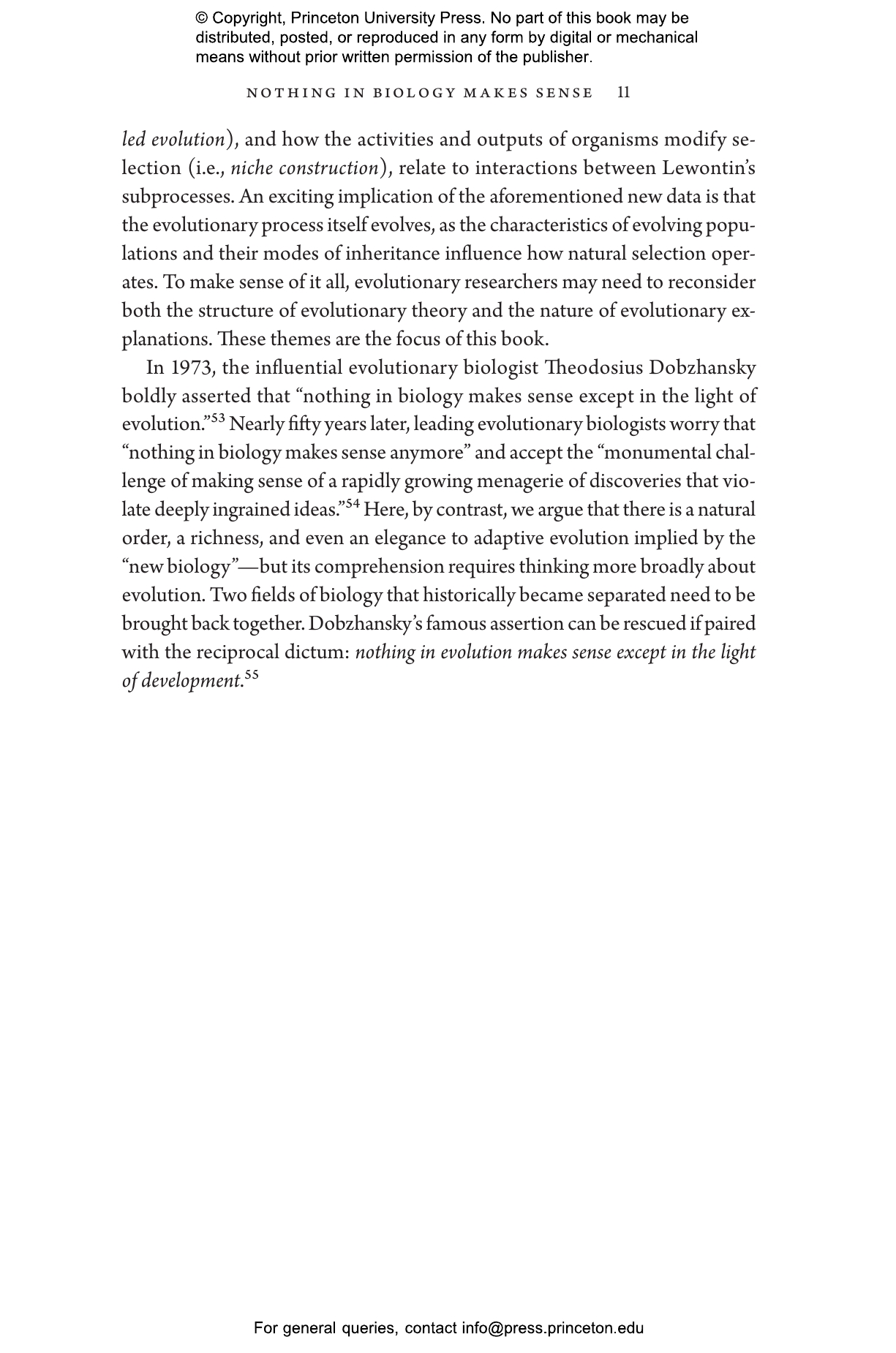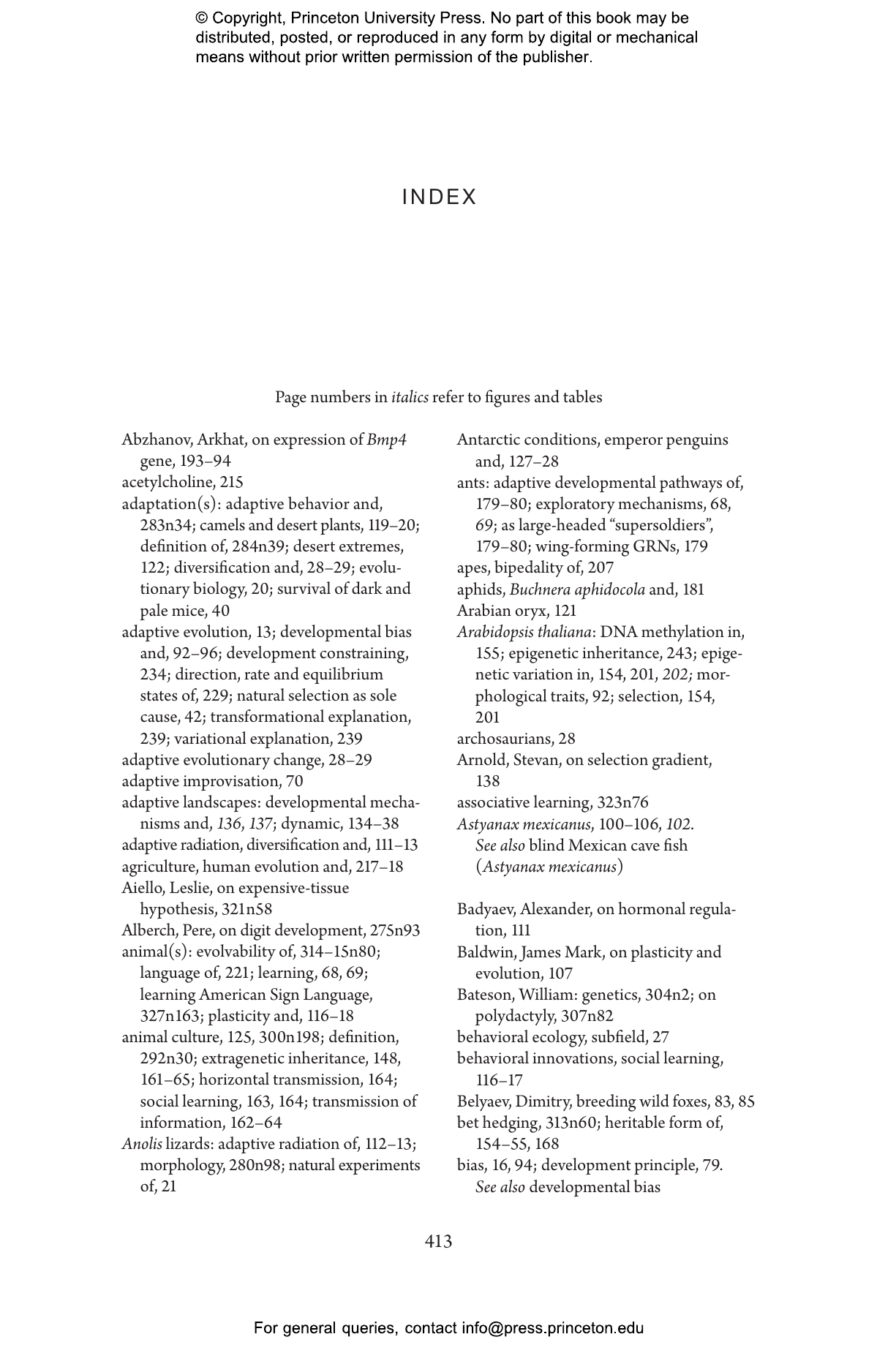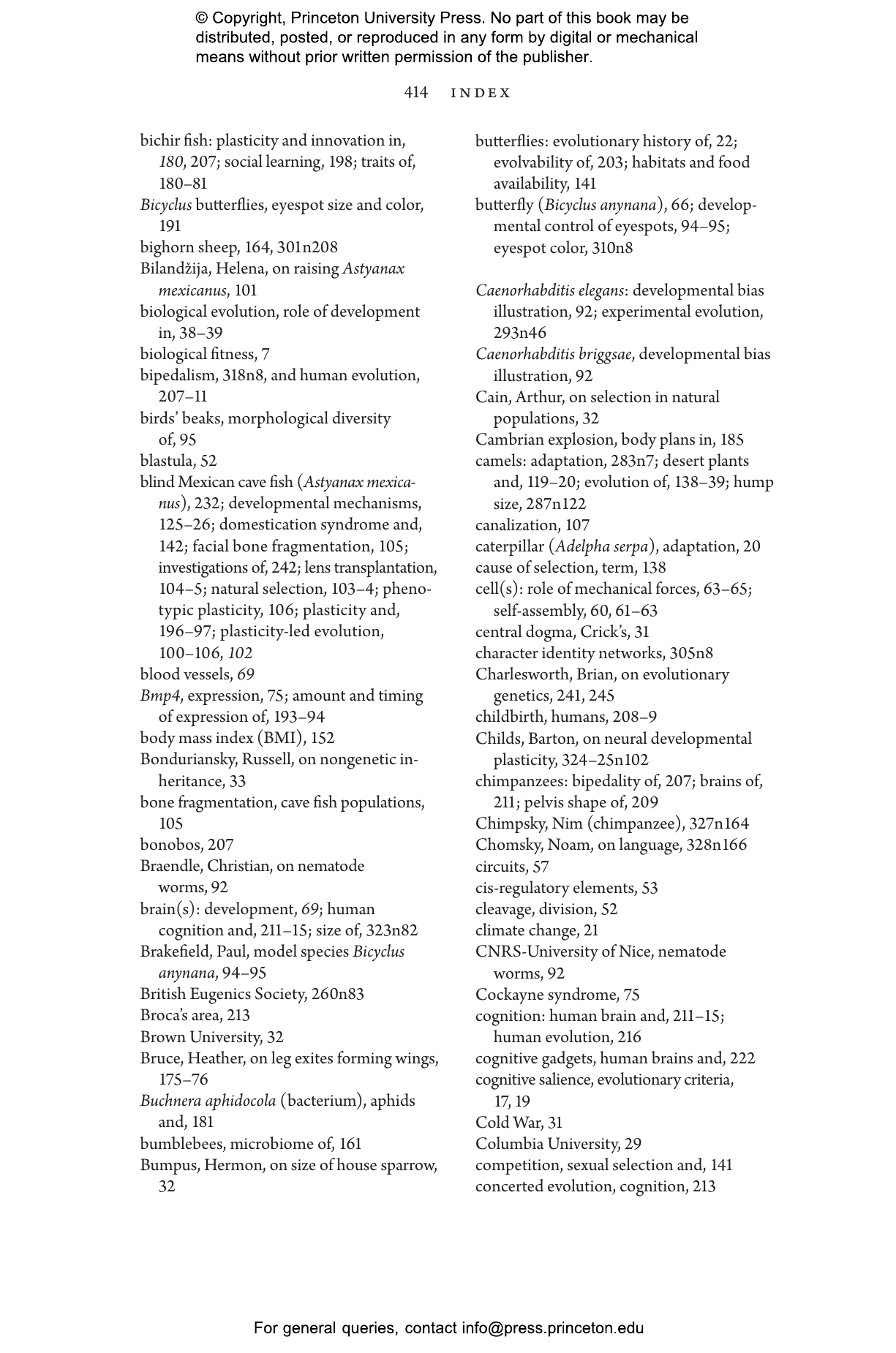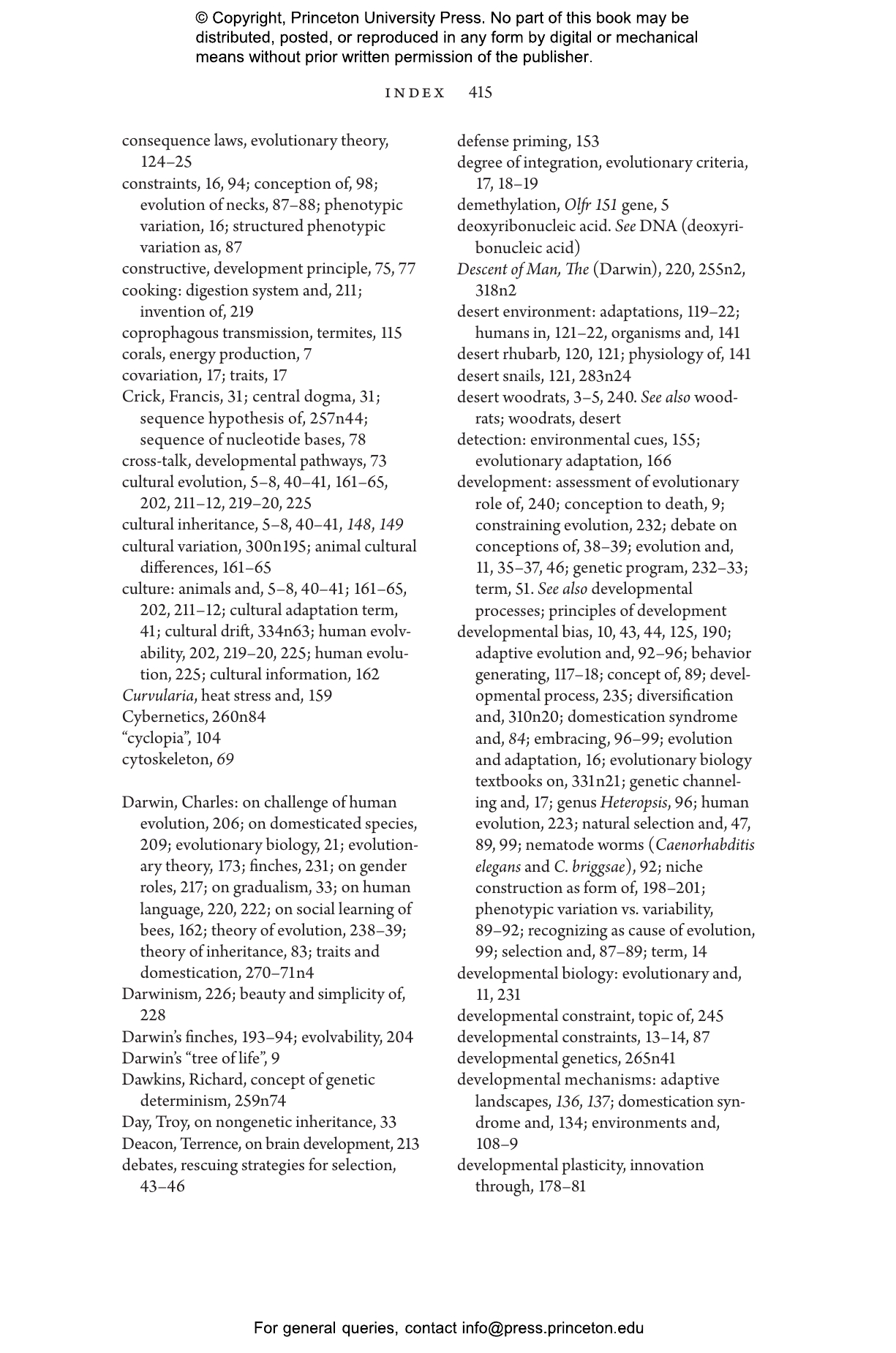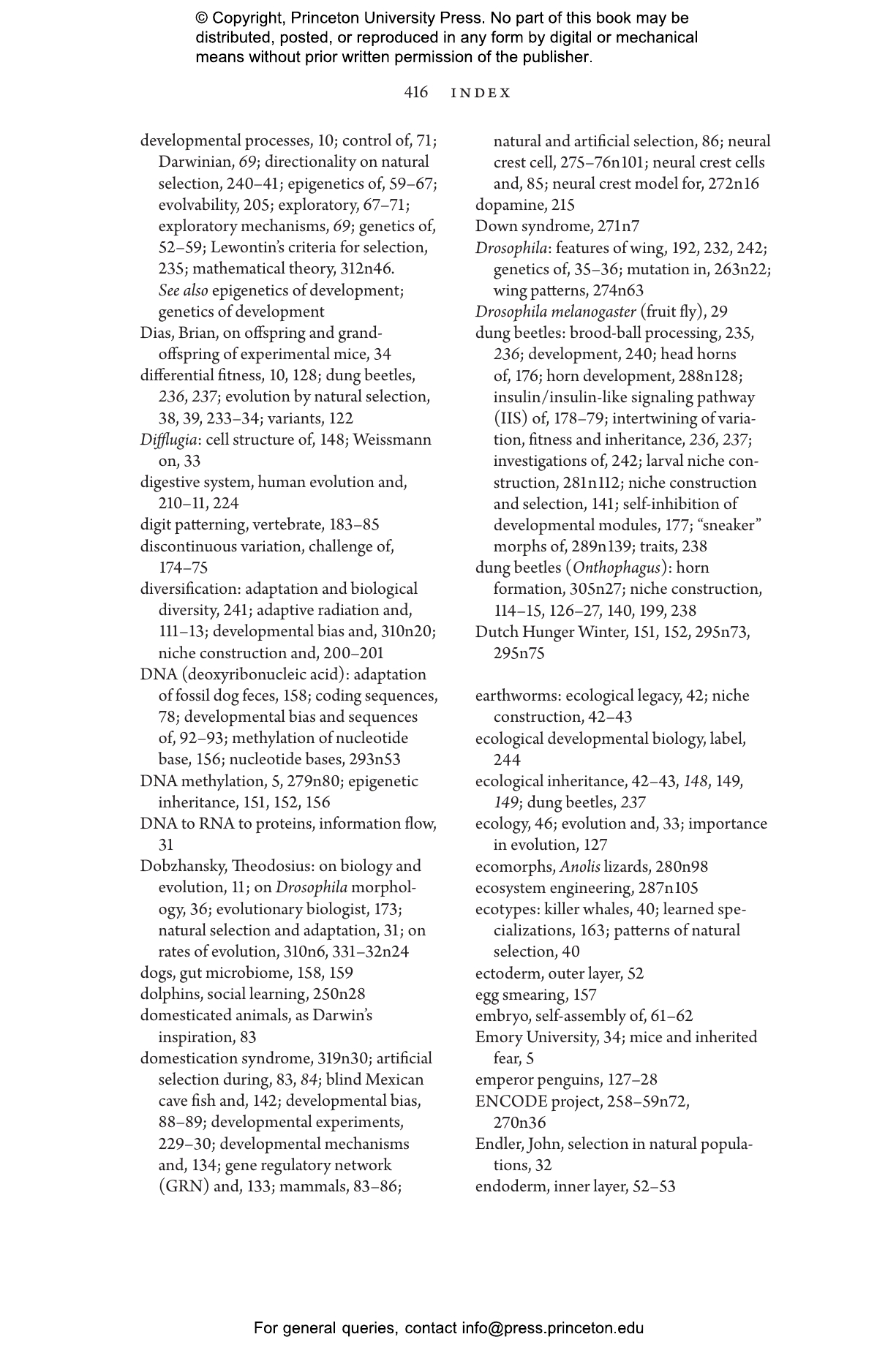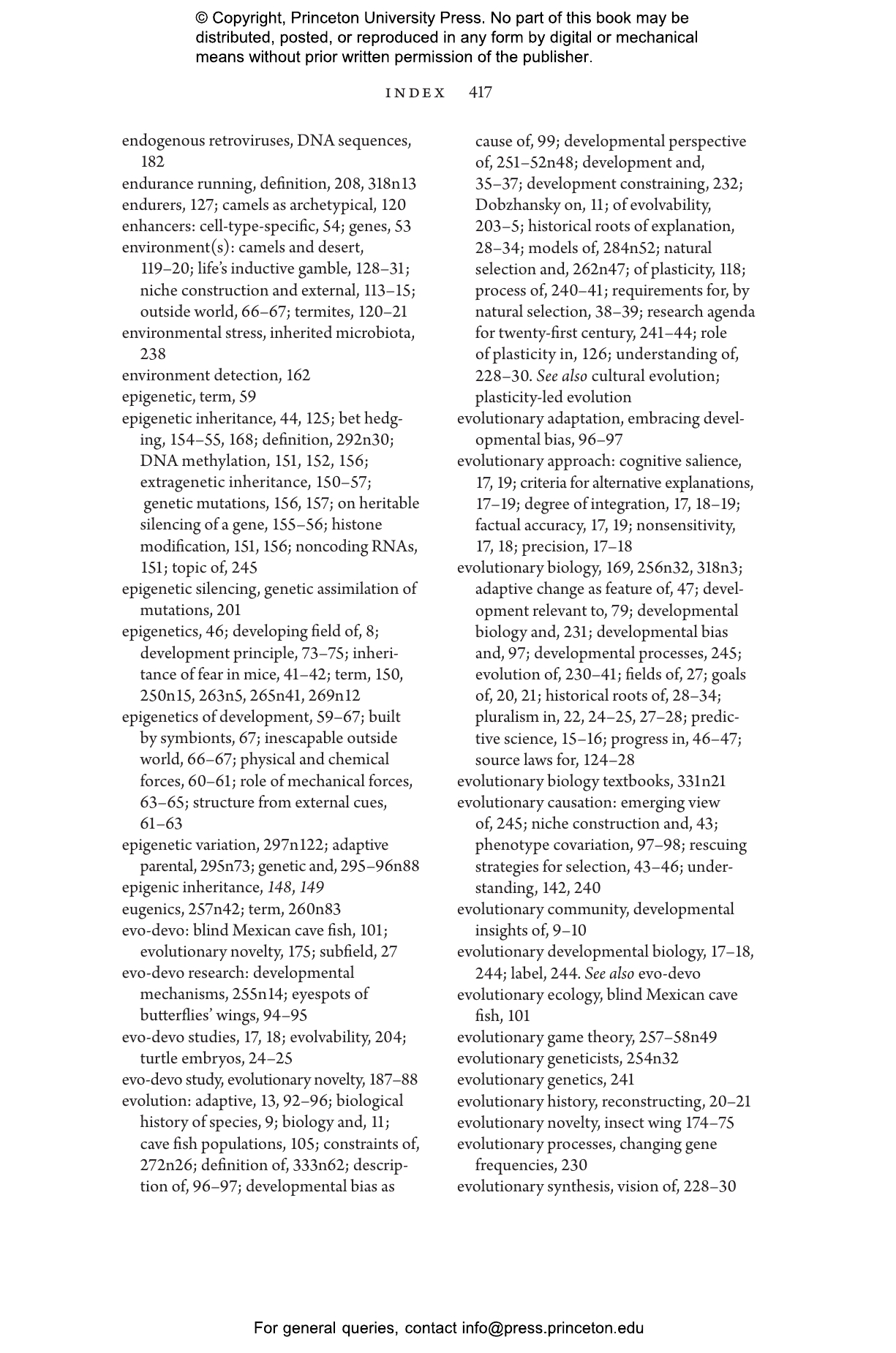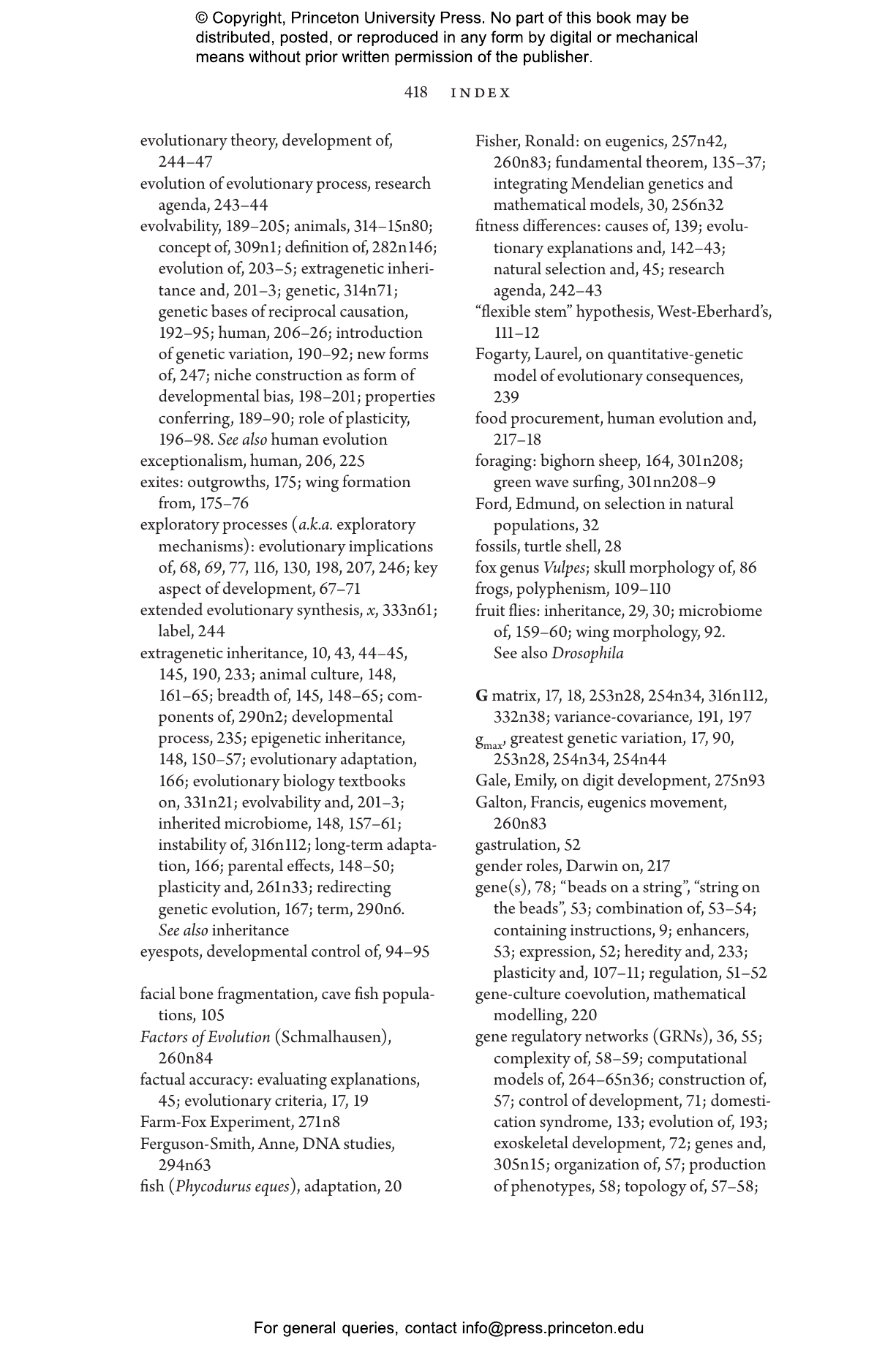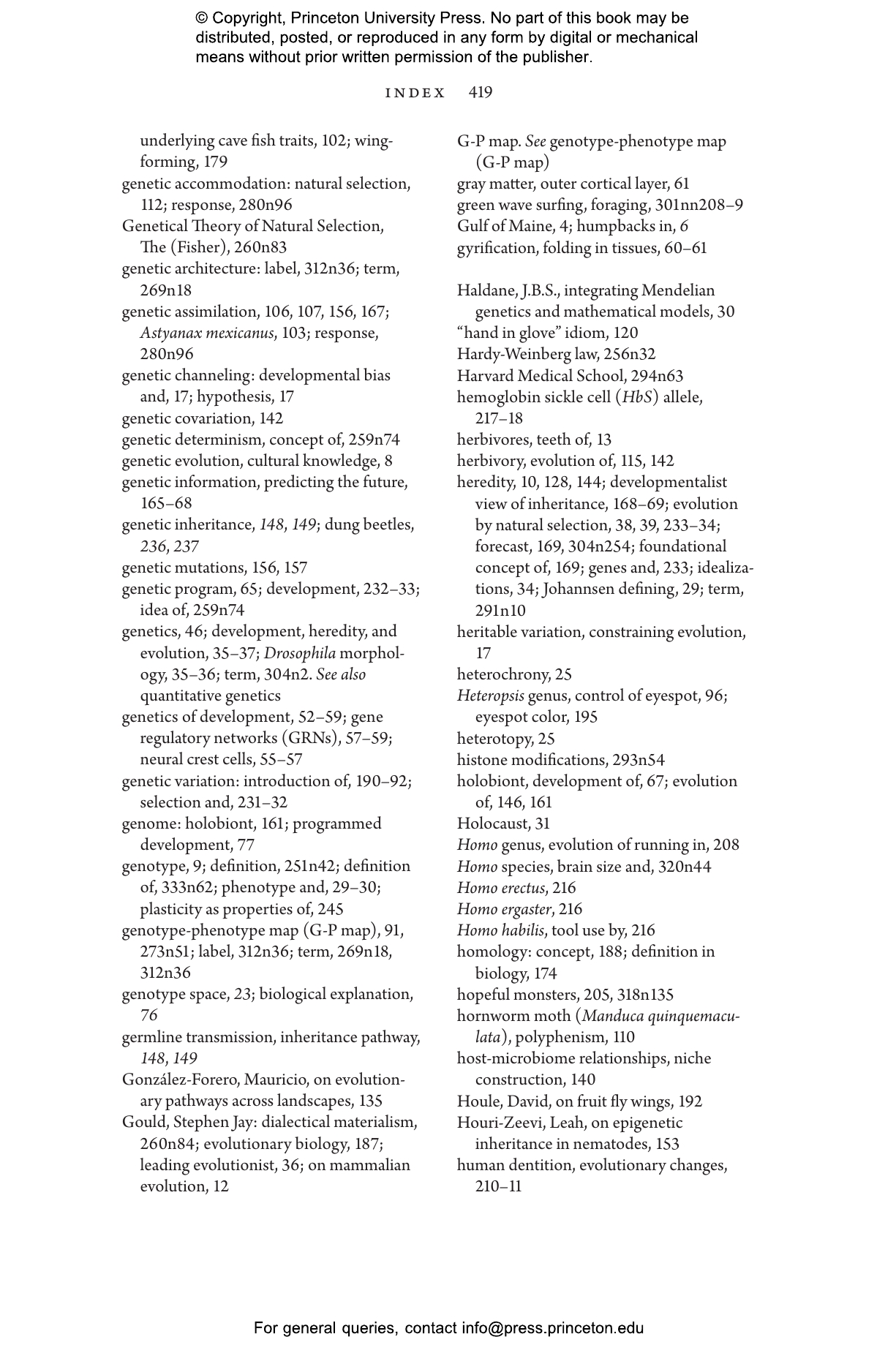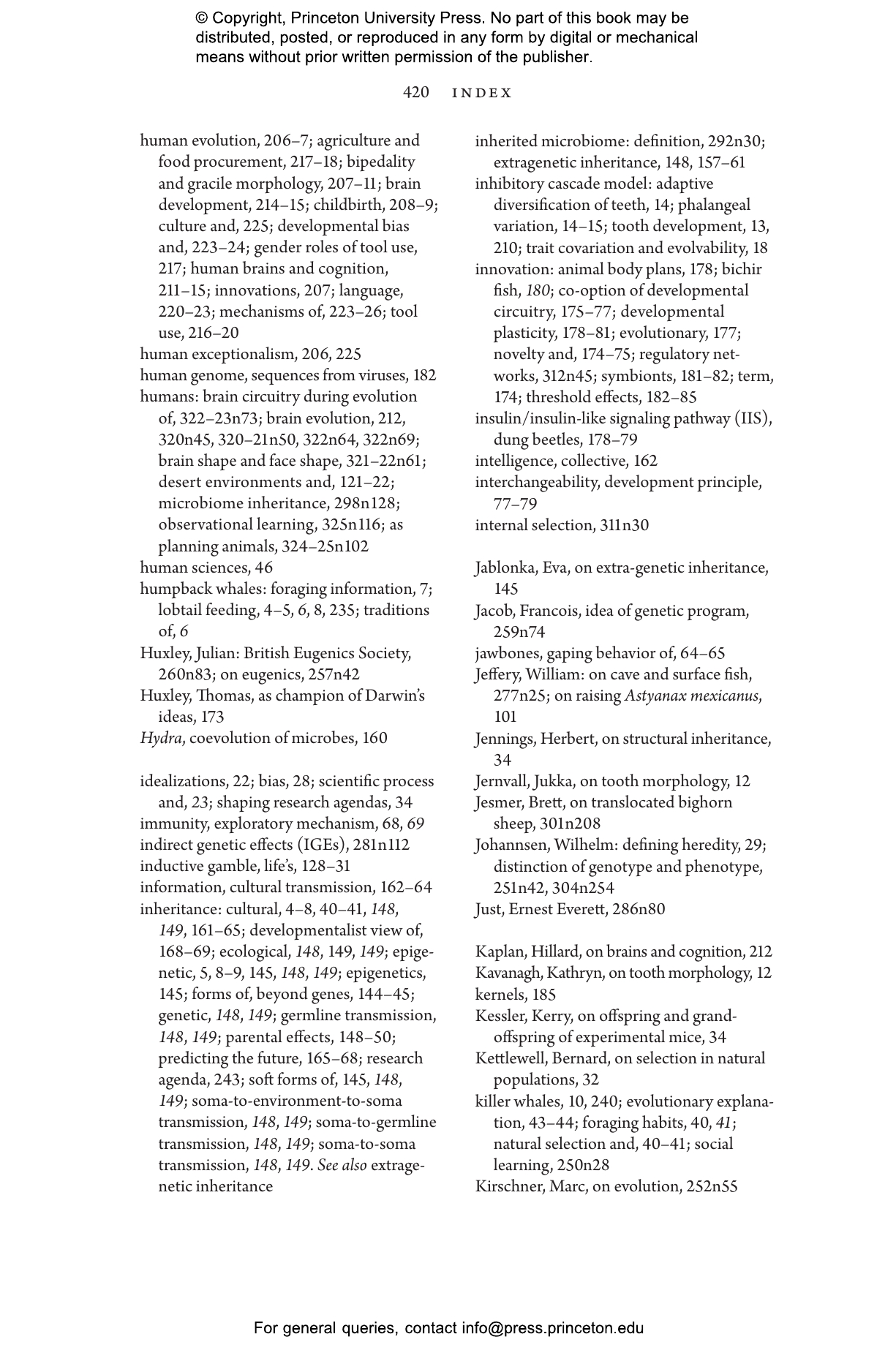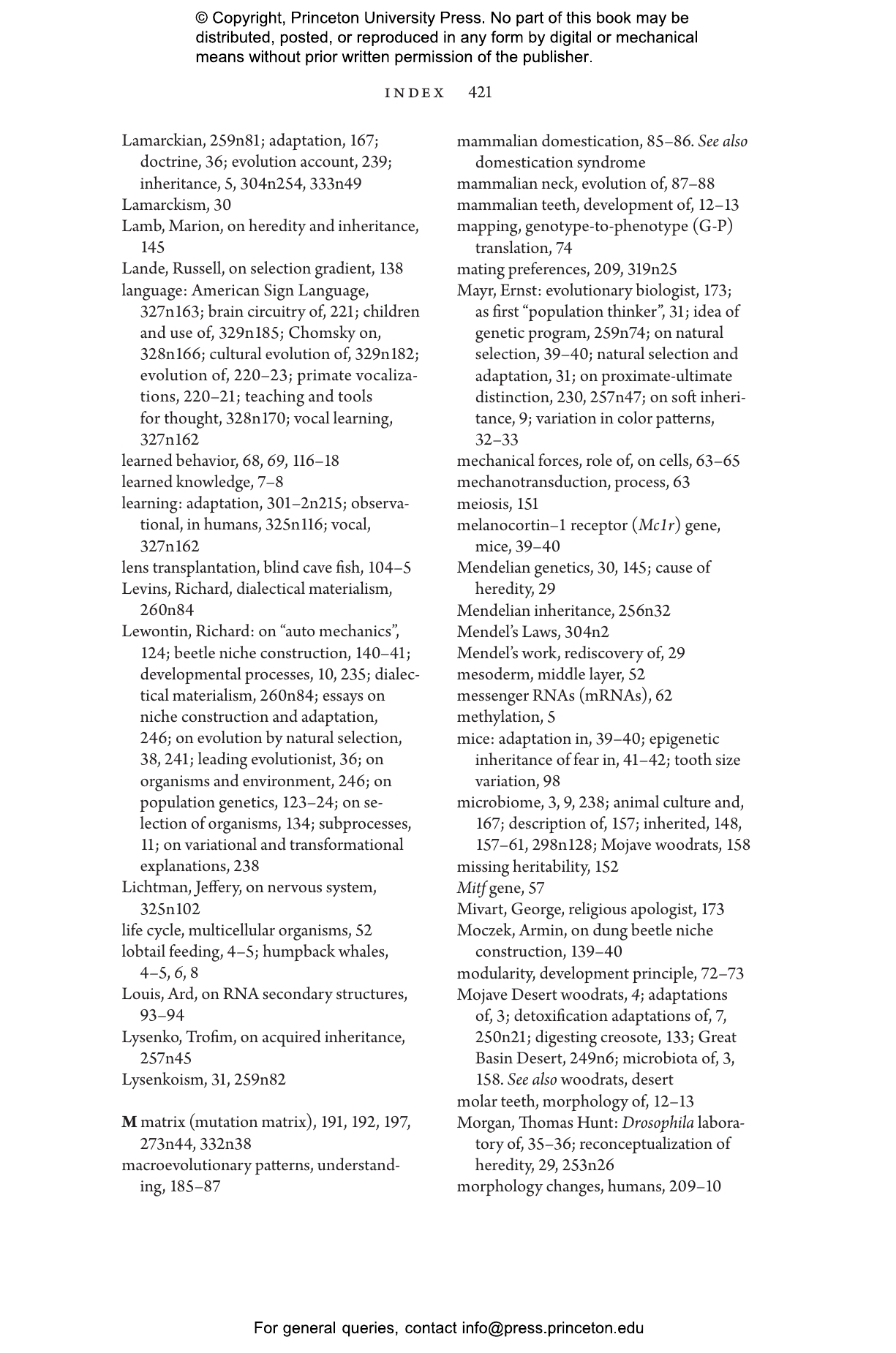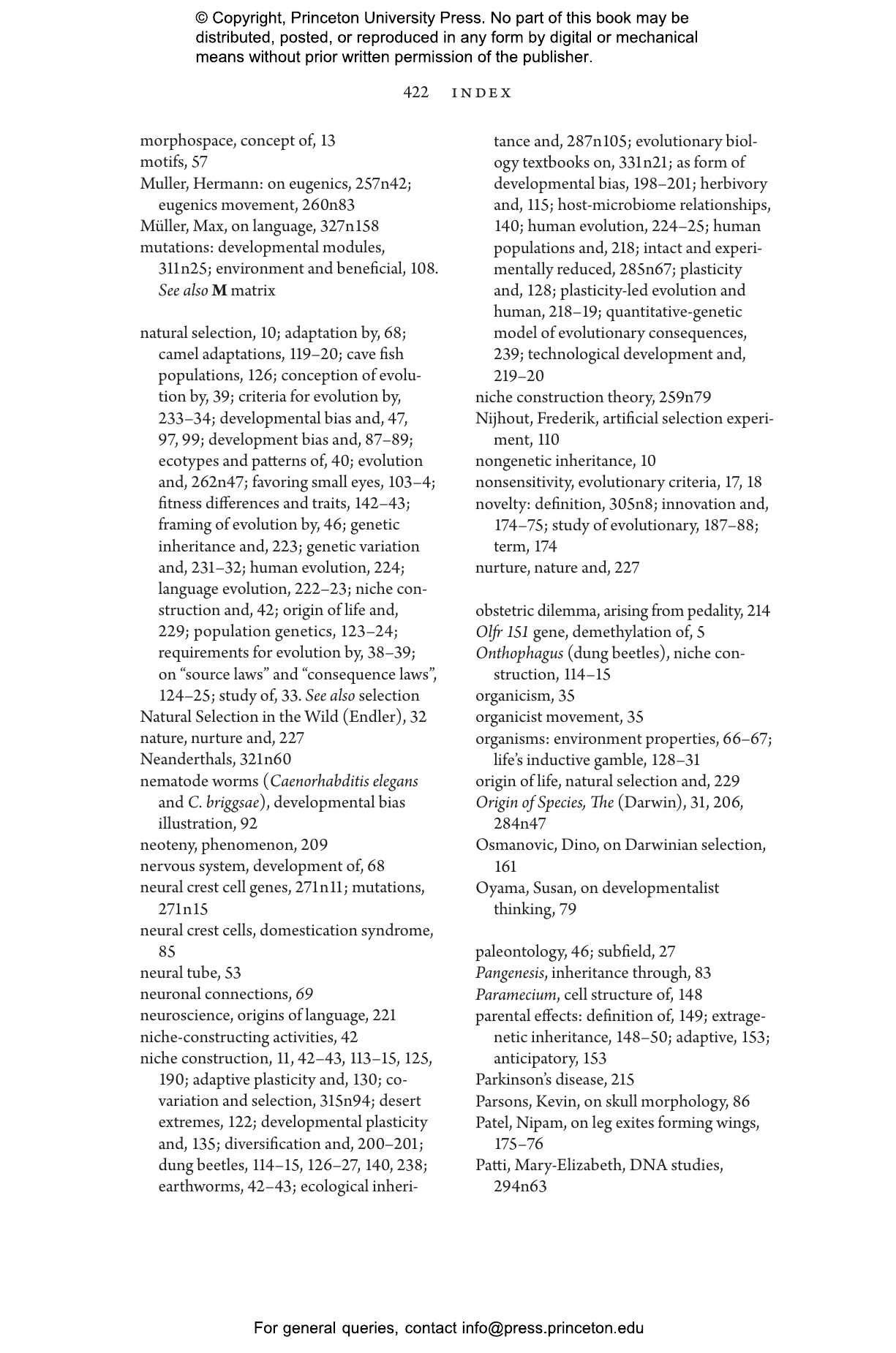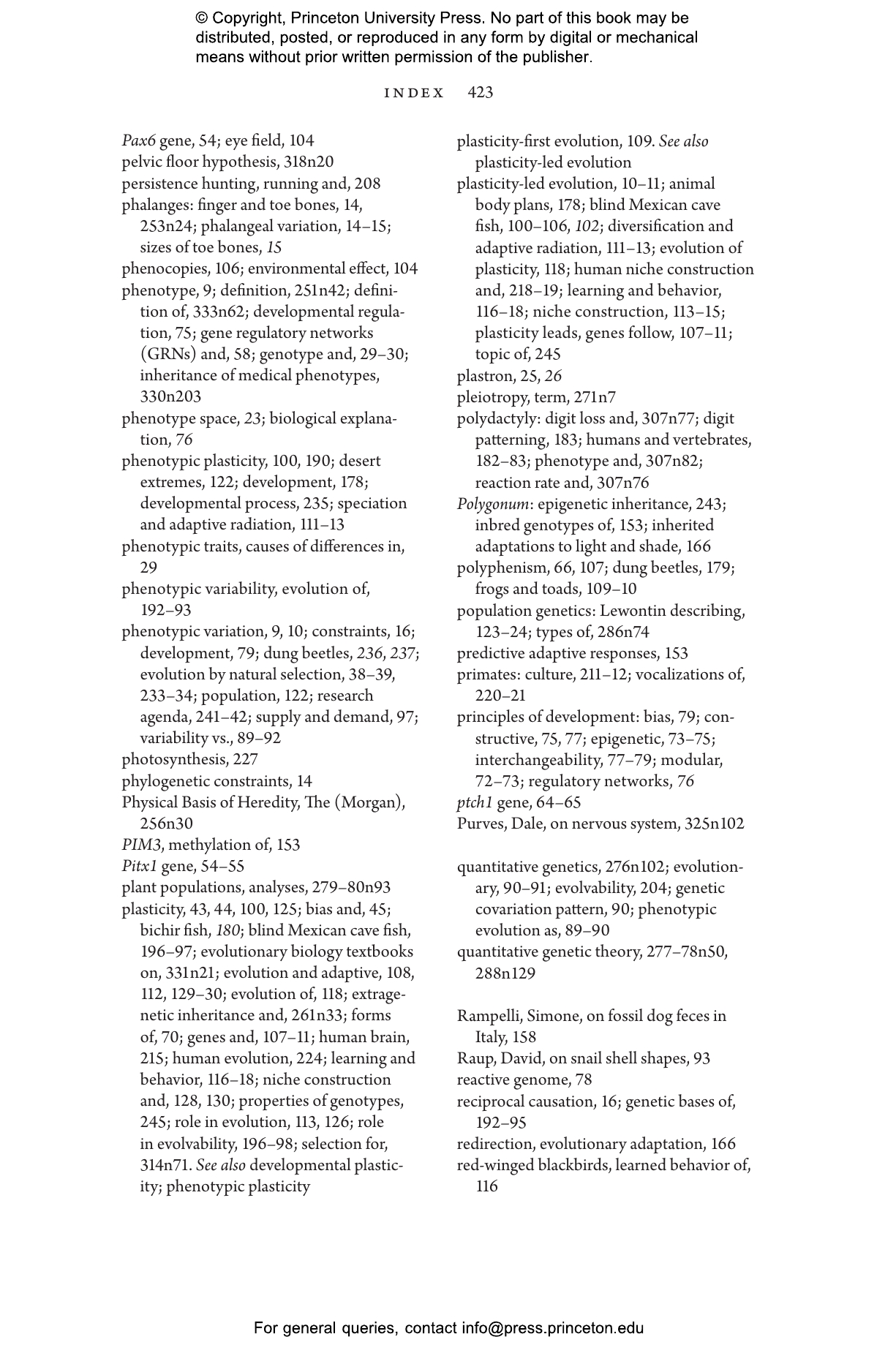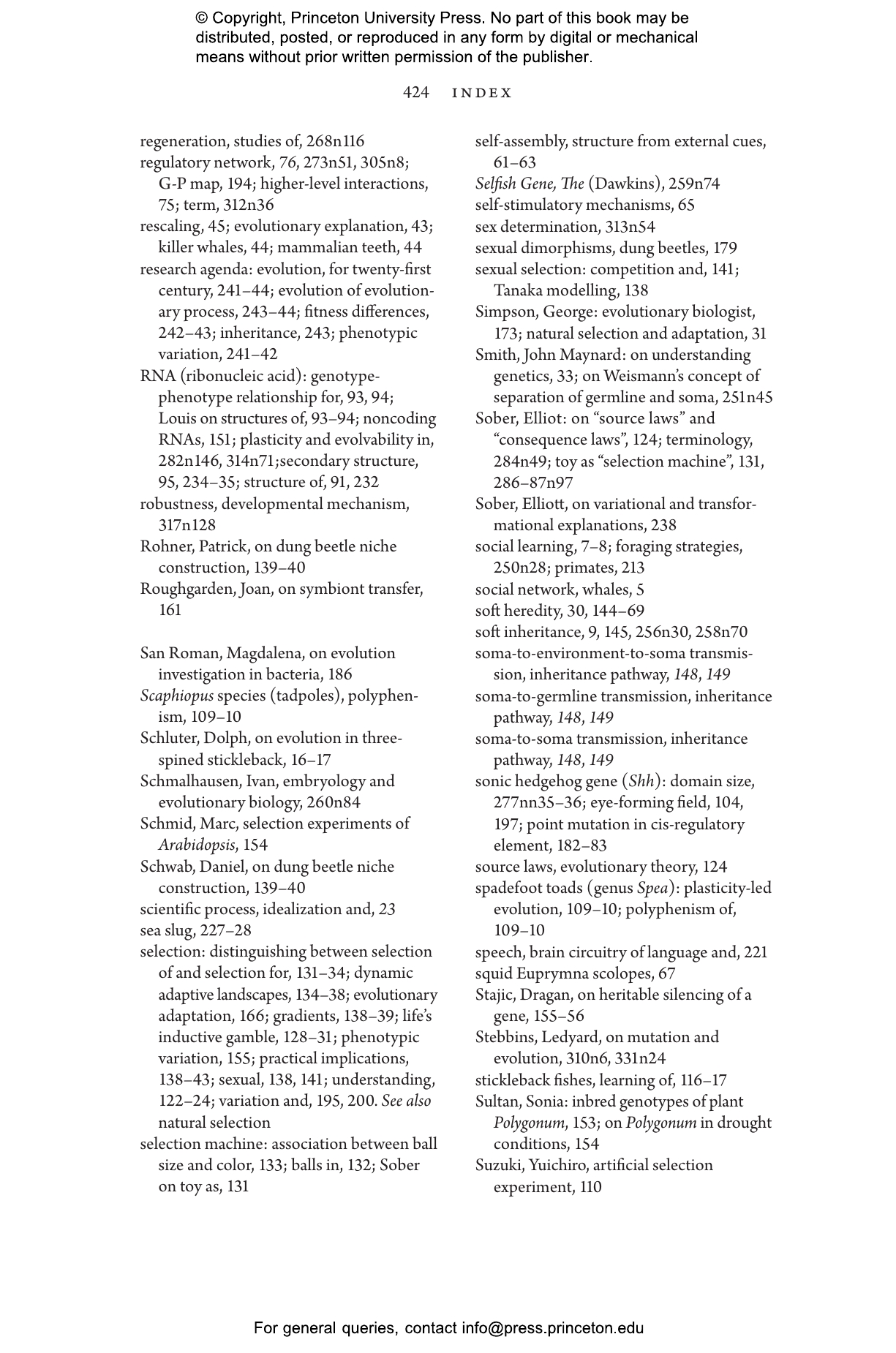A new scientific view of evolution is emerging—one that challenges and expands our understanding of how evolution works. Recent research demonstrates that organisms differ greatly in how effective they are at evolving. Whether and how each organism adapts and diversifies depends critically on the mechanistic details of how that organism operates—its development, physiology, and behavior. That is because the evolutionary process itself has evolved over time, and continues to evolve. The scientific understanding of evolution is evolving too, with groundbreaking new ways of explaining evolutionary change. In this book, a group of leading biologists draw on the latest findings in evolutionary genetics and evo-devo, as well as novel insights from studies of epigenetics, symbiosis, and inheritance, to examine the central role that developmental processes play in evolution.
Written in an accessible style, and illustrated with fascinating examples of natural history, the book presents recent scientific discoveries that expand evolutionary biology beyond the classical view of gene transmission guided by natural selection. Without undermining the central importance of natural selection and other Darwinian foundations, new developmental insights indicate that all organisms possess their own characteristic sets of evolutionary mechanisms. The authors argue that a consideration of developmental phenomena is needed for evolutionary biologists to generate better explanations for adaptation and biodiversity. This book provides a new vision of adaptive evolution.
Awards and Recognition
- A Chronicle of Higher Education Best Scholarly Book of the Year
"Evolution Evolving offers an exciting intellectual adventure for those new to the ideas of the extended evolutionary synthesis."—Eva Jablonka, Nature
"For most of the recent past, natural selection and development have been separate areas of investigation. Lala et al. demonstrate in four sections that by fusing developmental concepts, the evolution of organisms can be better understood."—Choice
“Assembling a rich toolkit of insights from dung beetles and orcas to foxes and humans, Lala and colleagues have begun a major renovation of the comfy theoretical edifice constructed by the architects of twentieth-century evolutionary biology. Considering the impact of multiple inheritance systems (e.g., epigenetic, cultural, and microbial), plasticity, developmental biases, and niche construction on the core of evolutionary theory, they effectively raise the roof, knock down walls, and excavate the foundations, aiming to construct a more suitable theoretical structure for understanding the ‘endless forms most beautiful and wonderful’ of the twenty-first century. An engaging read, Evolution Evolving is an illuminating exploration for those curious about how all the new findings can fit into Darwin’s venerable house.”—Joseph Henrich, author of The Secret of Our Success
“We can only come to fully understand and appreciate how novelty arises and how feedback and interactions—along with selection—shape the biological world if we expand our perspective, bringing together molecular, developmental, and evolutionary insights. With wonderful examples throughout, this book is a beautifully written and illustrated guide to help the reader better interpret and appreciate these interactions.”—Sarah Otto, University of British Columbia
“Evolution Evolving is a fascinating and original expansion of evolutionary theory, giving prominence to processes of embryonic development and the origins of novelty. The book is enlivened with many endearing examples and compelling stories, but the authors leave no doubt that their serious purpose is to demonstrate that cellular and developmental mechanisms deserve a central place in the thrilling story of the origin of species. A tour de force!”—Marc Kirschner, coauthor of The Plausibility of Life: Resolving Darwin's Dilemma
“This book is a signpost in the ongoing journey of evolutionary thinking, even though not everyone will agree with the direction it is pointing. Only a frank and open discussion will eventually lead to a renewed ‘synthesis’ of evolutionary knowledge. For that this book will be an important point of reference.”—Günter P. Wagner, author of Homology, Genes, and Evolutionary Innovation
“An eloquent, example-laden, accessible narrative setting the stage and offering the story of a truly contemporary evolutionary theory. The book represents a myriad of theoretical frames and approaches united by the focus on developmental biology, with robust examples, well-argued theory, and a sincere, even compassionate, invitation to think together.”—AgustÃn Fuentes, 91ÌÒÉ« University
A thoughtful, interesting, and informative overview of major themes and research areas in contemporary evolutionary biology. Although some of the perspectives outlined in this book are controversial (and I often found myself disagreeing with the authors!), I would recommend this book to anyone seeking a better understanding of the ideas at the core of the 'Extended Evolutionary Synthesis.'"—Russell Bonduriansky, University of New South Wales
This publication has been produced to meet accepted Accessibility standards and contains various accessibility features including concise image descriptions, a table of contents, a page list to navigate to pages corresponding to the print source version, and elements such as headings for structured navigation. Appearance of the text and page layout can be modified according to the capabilities of the reading system.
Accessibility Features
-
WCAG v2.2
-
WCAG level AA
-
Table of contents navigation
-
Single logical reading order
-
Short alternative textual descriptions
-
Print-equivalent page numbering
-
Landmark navigation
-
Index navigation
-
Epub Accessibility Specification 1.1
-
ARIA roles provided
-
All non-decorative content supports reading without sight
-
No known hazards or warnings


